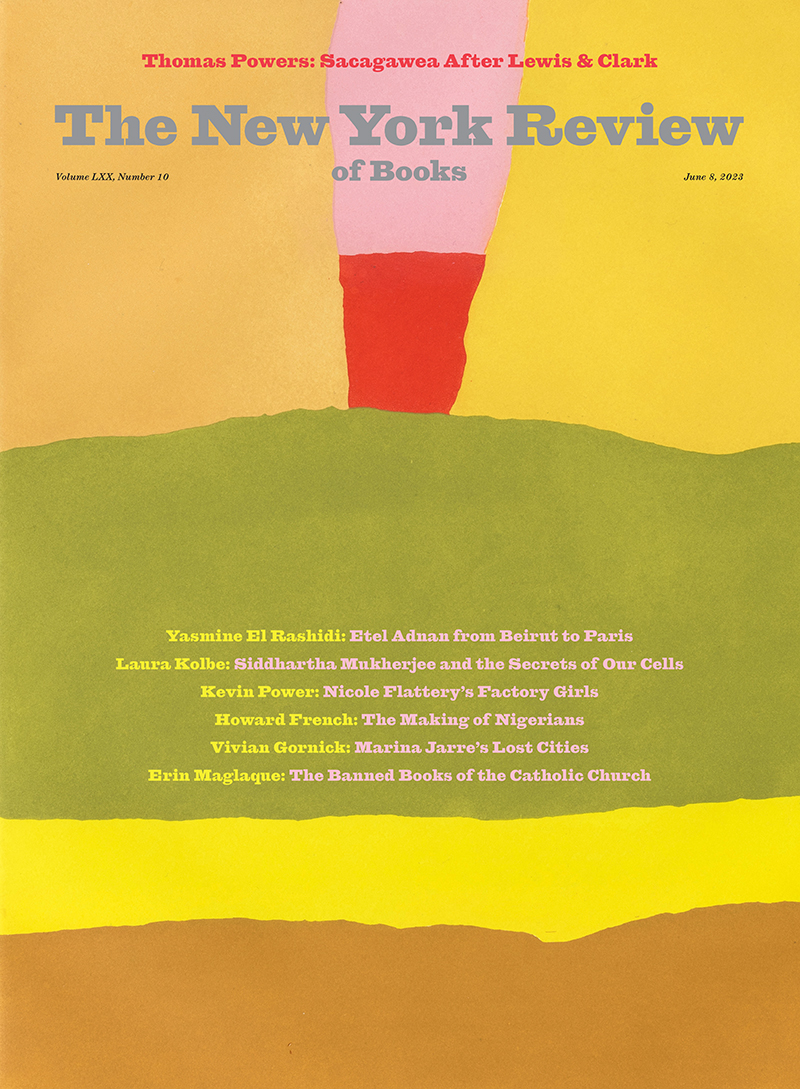In response to:
History Bright and Dark from the May 25, 2023 issue
To the Editors:
Praising the Hulu version of the 1619 Project, Adam Hochschild [NYR, May 25] writes:
We hear about the powerful southern congressional committee chairmen who forced New Deal programs like Social Security to exclude categories of labor in which Blacks were concentrated, like domestic and agricultural work.
This claim became popular in the 2000s and has now become “progressive” conventional wisdom. Unfortunately it has no basis in fact, as shown in 2010 in a well-documented article by Larry DeWitt, “The Decision to Exclude Agricultural and Domestic Workers from the 1935 Social Security Act.”1 Officials at the Treasury Department who drafted the act, not southern senators and congressmen, decided to exclude domestics and agricultural workers—as well as all professionals; all self-employed persons; all federal, state, and local government employees; and anyone who worked for a nonprofit, including schools and colleges—from contributory retirement benefits because they believed it would be too difficult to administer the program for domestics and agricultural workers. There is not the slightest evidence that southern pressure had anything to do with the decision, and the northern and southern members of the relevant Senate and House committees accepted the exclusions in the act almost without dissent. It is also worth noting that the 1930 Census counted four times as many white agricultural laborers as black ones, and twice as many white domestics as black ones.
Nor is this all. By 1941 President Roosevelt was advocating expanding Social Security coverage to include domestics and agricultural workers, and that extension took place during the Truman administration, when southern committee chairmen were as influential as they had ever been. While Adam Hochschild’s criticisms of The Hillsdale 1776 Curriculum are telling and appropriate, it is unfortunate that he does not seem to be aware of equally telling comments on the 1619 Project, led by those of James Oakes.2
David Kaiser
Watertown, Massachusetts
Adam Hochschild replies:
My thanks to David Kaiser for making me aware of Larry DeWitt’s article. I’ve read it and it seems convincing. It’s always good to see a widespread misconception corrected, especially if it’s one that I shared.
Although my view of the 1619 Project is more positive than that of James Oakes, two of the criticisms he makes (its inflated view of the significance of Lord Dunmore’s proclamation and its lack of attention to white participation in the antislavery and civil rights movement) I made myself when reviewing the project in book form.3 My review was generally favorable, but the critical comments were enough to draw an angry blast in print from one of the project’s unconditional defenders.


